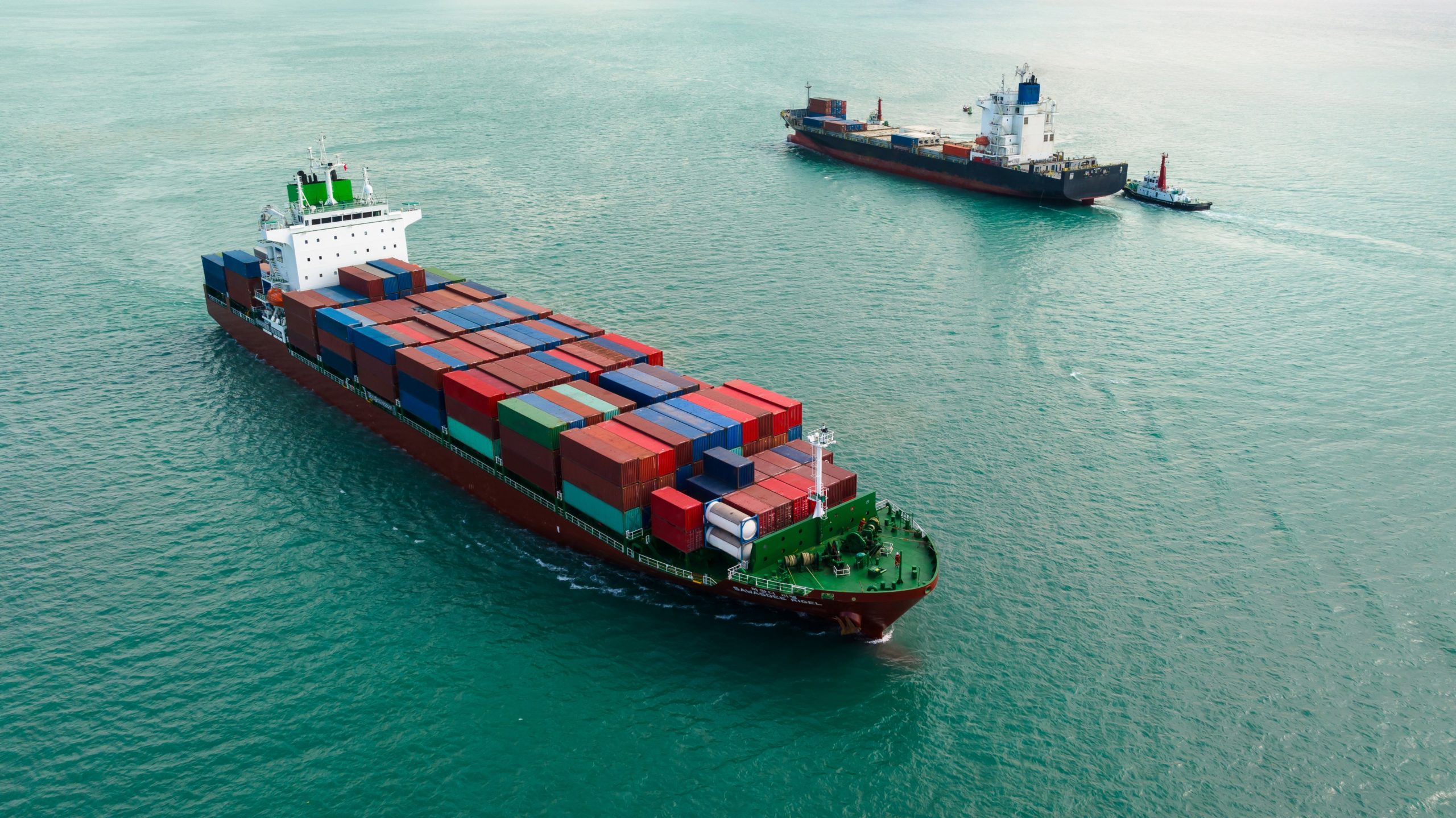Export Rule That Roped in 20,000 Chinese Firms Suspended in U.S.-China Deal
By Du Zhihang and Denise Jia


The United States has agreed to suspend a sweeping export control regulation for one year under a trade truce with China, following trade talks in Kuala Lumpur, China’s Ministry of Commerce announced Thursday.
The move temporarily halts Washington’s 50% ownership rule, which had vastly expanded Entity List restrictions and swept in thousands of Chinese firms.
In return, Beijing will pause its own retaliatory export controls, which were set to target critical raw materials and technologies.
The U.S. rule — introduced on Sept. 29 — extended export restrictions to any company that was at least fifty percent owned by one or more sanctioned entities. That change led to a dramatic surge in the number of Chinese firms subject to restrictions, from about 1,000 to nearly 20,000, according to Dow Jones data.
The decision marks a de-escalation in the U.S.-China tech standoff and offers temporary relief for multinational firms caught between competing regulatory regimes.
While neither side has identified specific companies, the case of Dutch-based Nexperia NV (formerly part of NXP Semiconductors NV) — owned by China’s Wingtech Technology Co. Ltd. — has been at the central to recent tensions.
Shortly after the U.S. issued its 50% rule, the Dutch government, citing national security concerns, froze Nexperia’s global assets or operations for one year. Dutch courts also suspended Wingtech founder Zhang Xuezheng’s executive role at Nexperia and transferred control to an independent custodian. Wingtech said it would initiate lawsuits and administrative appeals against the Dutch government’s asset freeze.
Wingtech, which spent over 33.8 billion yuan ($4.76 billion) acquiring Nexperia by 2020, was added to the U.S. Entity List in December 2024. Nexperia thus became the first major overseas company directly affected by the 50% rule.
On Oct. 4, China retaliated by banning exports of certain components made by Nexperia’s China operations. Days later, Beijing expanded its export controls and added several U.S. drone-related defense firms to its “Unreliable Entity List.”
Although Nexperia was not mentioned in the China-U.S. agreement, analysts said the rule’s suspension could significantly affect the case. A compliance expert told Caixin that the Netherlands would no longer have legal grounds to sanction Wingtech or Nexperia if the U.S. halts enforcement.
Dutch government records show it has repeatedly pressed Nexperia to restructure its governance to comply with U.S. export regulations. During a June 12 meeting between the Dutch Foreign Ministry and the U.S. Bureau of Industry and Security (BIS), Washington expressed concern that Nexperia’s Chinese CEO remained in place — posing a “compliance risk.”
On Oct. 19, Dutch Economic Affairs Minister Micky Adriaansens told local media that the parallel U.S. and Dutch measures against Nexperia were coincidental rather than coordinated. She acknowledged Nexperia’s reliance on U.S. technology and confirmed ongoing discussions with Washington to ease restrictions.
Beijing has also stepped up its diplomatic engagement. On Oct. 21, China’s Commerce Minister Wang Wentao spoke by phone with Adriaansens, urging the Dutch to safeguard global supply chain stability and protect Chinese investors’ rights.
Later that day, Adriaansens wrote on social media X that both sides were pursuing a balanced solution that serves the interests of Nexperia, Europe, and China, and pledged to continue talks toward a constructive outcome.
Contact reporter Denise Jia (huijuanjia@caixin.com)
caixinglobal.com is the English-language online news portal of Chinese financial and business news media group Caixin. Global Neighbours is authorized to reprint this article.
Image: SHUTTER DIN – stock.adobe.com
